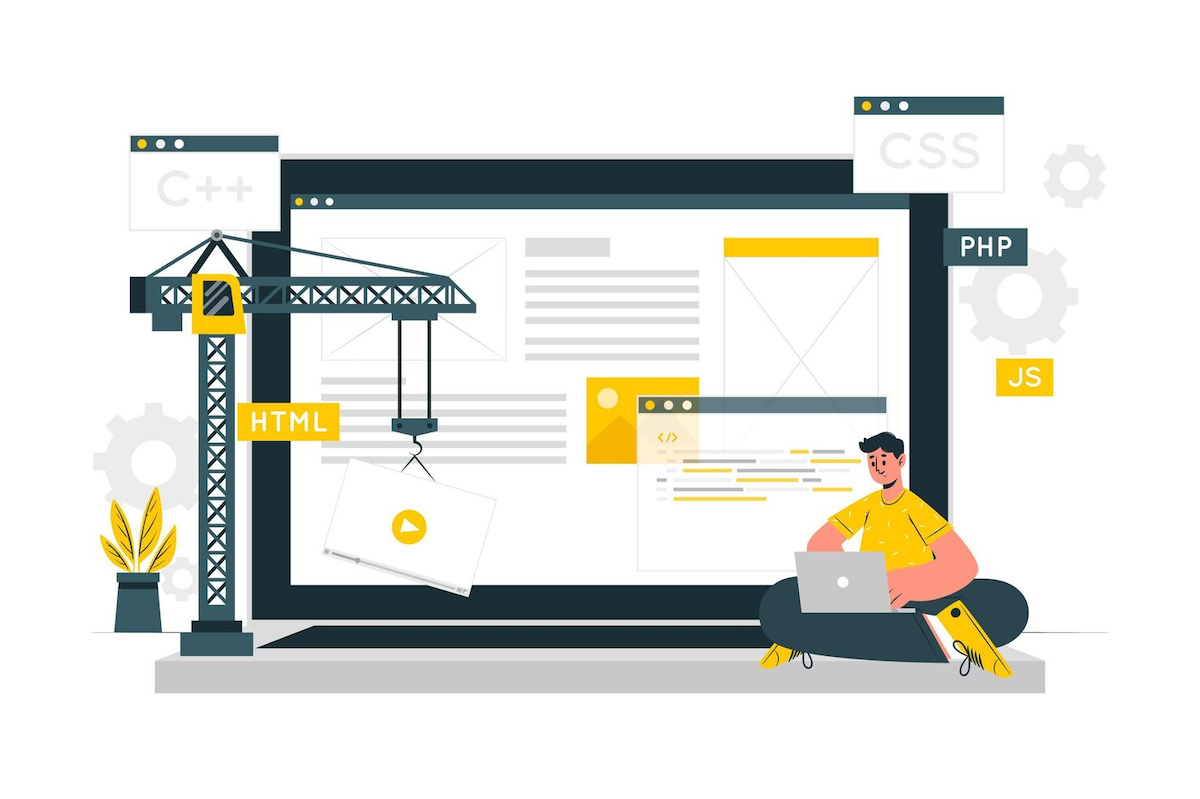
Choosing the Right Web Hosting Provider for Your Website
Anyone starting a new website probably knows how crucial good content and responsive design are, but often, the need for a reliable web host gets overlooked. Let’s talk about why it’s so important and what you should look for when picking the right provider for your business.
What is Web Hosting?
Web hosting is a service that stores your website’s files on a server and makes them accessible to users on the internet. It allows your site to be available online while providing resources like storage, bandwidth, and security to keep it running.
Key Factors to Consider When Choosing a Web Host
When you’re picking a web host, there are a few things that should always be front and center to keep your site running smoothly. At the very least, make sure the one you choose ticks all these boxes:
Speed
Speed is something you simply can’t ignore because visitors stick around longer when your site loads fast, and it’s great for your SEO, too. People will bounce if your site is slow, and search engines might rank you lower.
A fast host like Hostinger means better engagement, which ultimately leads to more online success. Read more about the provider in this unbiased Hostinger review.
Content Delivery Networks (CDNs)
CDNs are a way to make your website faster by storing copies of it on servers around the world. Therefore, instead of every visitor trying to load your site from a single location, they get it from the server closest to them. This reduces load times and keeps your site running smoothly, no matter where someone’s visiting from.
Web hosts often include CDN options to boost your site’s speed and performance. In fact, with providers like Bluehost, you get a free Cloudflare CDN with Argo Smart Routing.
Uptime
Uptime is basically the time your website stays up and running without any interruptions. Most hosts will offer uptime guarantees—usually something like 99.9%, which means your site will be accessible nearly all the time.
| Tips
#1 Look beyond the claims on a host’s website. Check detailed reviews to find a provider with a proven solid track record of keeping sites live and stable, even under heavy traffic or technical issues. #2 Before you commit, run a free trial to check how reliable the hosting service truly is. |
The best hosts also use server redundancy to keep your site online, meaning they would have backup servers ready to step in if the main one fails.
Security
Good web hosting security keeps your site safe from hacks and breaches, especially if it handles sensitive data like customer info or payment details. TLS certificates, for example, encrypt data transferred between your platform and its visitors, while firewalls act as a barrier and block harmful traffic from reaching your site.
Scalability
You need a flexible hosting plan that will allow you to handle increasing traffic without needing to move to a new provider. Here are some of the most popular options:
- Shared hosting – A more budget-friendly option where multiple websites share the same resources. It’s less scalable but works for smaller sites.
- Dedicated hosting – This gives you a server all to yourself.
- Virtual Private Server (VPS) hosting – This gives you a dedicated portion of server resources while still sharing a physical server with others.
Each option typically offers several tiers, so you can choose the level of service that fits your site’s current size and traffic and easily upgrade as your needs grow down the line.
Customer Support
When something goes wrong—whether it’s downtime or a security issue—you need a provider with 24/7 availability to fix the problem fast. Amongst the most popular support channels are:
- Live chat – Best for getting quick solutions on the spot.
- Email- Best for detailed responses.
- Phone – Best for urgent or complex issues.
Understanding Website Requirements
We recommend you start by thinking about the purpose of your website when picking a web host. Are you just starting a blog? Or maybe you’re running an eCommerce store or managing a business site.
Each one of these comes with its own needs. For example, high traffic, the type of content you have, and even your growth plans all play a huge role in choosing the right hosting. You want something that can handle your site now and in the future.
Blogs – Simplicity and Speed
If you’re a blogger, then you shouldn’t need anything too complex, but you definitely need speed. That’s because you want it to load quickly when someone is navigating around. Faster websites tend to rank better in search engines. Also, you want to avoid downtime.
eCommerce – Security and Scalability
eCommerce sites need hosting that easily handles traffic spikes, for instance, during holiday sales or promotions when tons of people are making purchases. Plus, it should prioritize keeping these businesses’ customers’ payment information safe. From your end, you should make sure you have the option to scale up when needed, too.
Media-Rich Websites – Speed and Storage
You’ll need a web host with solid speed performance and generous storage for websites heavy on media like video content, podcasts, or high-res images. This way, the site can handle media files without compromising on the user experience. You don’t want visitors waiting for your videos to buffer or your images to load.
—
Writer: Charlon Muscat








